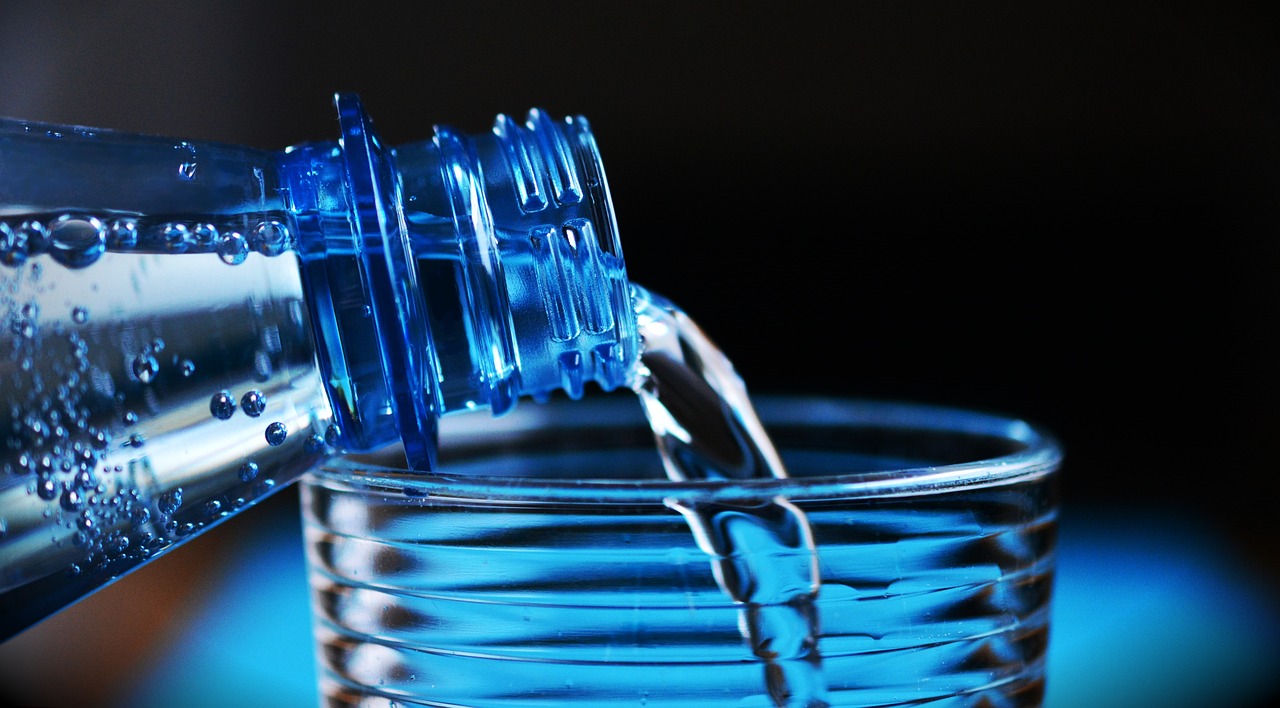Ensuring that children maintain a balanced diet is a priority for many parents. While much attention is given to solid foods, beverages also play a crucial role in children's nutrition. A consensus report from four leading national health and nutrition organizations provides clear guidelines on what children should and should not drink. The recommendations outline hydration needs based on age, the healthiest beverage options, and those that should be limited or avoided.
Table of Contents:
- Water is the best choice
- Milk and juice - recommended but limited
- Beverages to avoid
- A practical approach to healthy hydration
Water is the best choice
Experts emphasize that plain water is the most suitable beverage for school-aged children. It adequately meets hydration needs without adding unnecessary sugars or calories. The report suggests the following daily water intake:
- 5 to 8 years old: about 40 ounces (5 cups)
- 9 to 13 years old: 54 to 61 ounces (7 to 7.5 cups)
- 14 to 18 years old: 61 to 88 ounces (7.5 to 11 cups)
These amounts may vary based on activity levels, body size, and climate. Encouraging children to prefer water over sweetened beverages can significantly reduce the risk of obesity and dental problems.
Milk and juice - recommended but limited
Milk is also recommended as a healthy drink option, but with limitations. Children aged 5 to 8 should not consume more than 20 ounces of milk daily, while older children should limit intake to 24 ounces. Flavored milk, such as chocolate or strawberry milk, is not advised due to high sugar content.
When it comes to juice, experts urge caution. 100% fruit juice is acceptable in small amounts, but intake should not exceed:
- 4 to 6 ounces per day for children aged 5 to 8
- 6 to 8 ounces per day for those aged 9 to 13
- 8 ounces per day for adolescents 14 to 18
Children do not need juice to meet their nutritional requirements. Whole fruits are a better alternative, as they provide fiber and other essential nutrients without the sugar spike that comes with juice consumption.
Beverages to avoid
Certain drinks should be excluded from children's diets due to their negative health effects. Juice drinks, sodas, and other sugar-sweetened beverages contribute to obesity, tooth decay, and metabolic diseases. These products often contain high levels of added sugar and provide no essential nutrients.
Sports drinks are also discouraged. Despite being marketed as hydration solutions, most contain excessive sugar and unnecessary additives. Water and a balanced diet can sufficiently replenish lost electrolytes after physical activity.
Plant-based milk alternatives, such as soy or almond milk, are only advised when a child has a medical condition that prevents dairy consumption. Parents should choose unsweetened versions without added sugars.
A practical approach to healthy hydration
Experts suggest that parents focus on water and milk as the primary beverages for children. Juice should be considered an occasional treat rather than a daily drink. By setting clear boundaries, families can encourage better long-term hydration habits.
The report underscores that children’s beverage choices are just as important as their food intake in maintaining overall health. Raising awareness about recommended and harmful drinks can help caregivers make informed decisions and support their children's well-being.
Source: CNN

